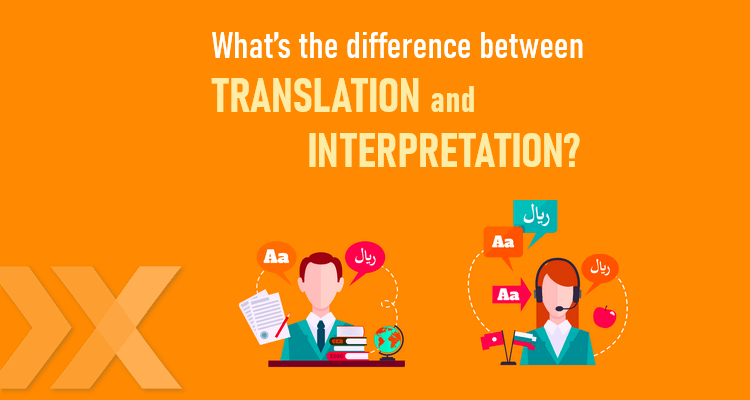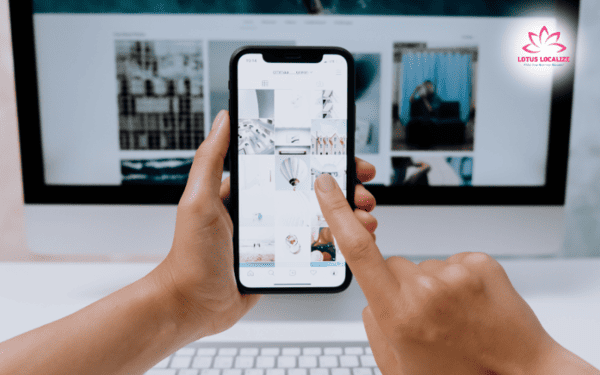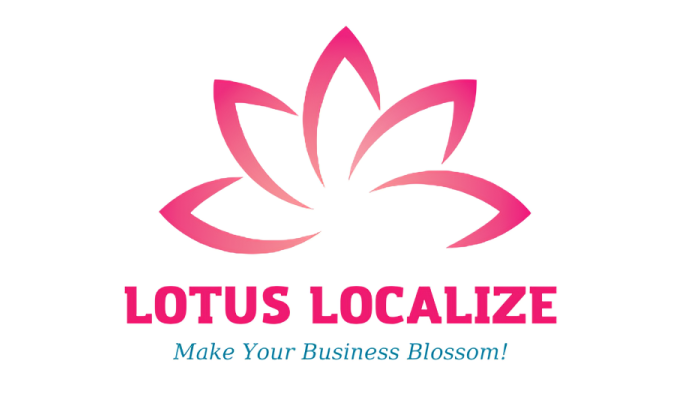
Unveiling the critical role of medical interpreters in healthcare
In today’s multicultural society, effective communication is the bedrock of quality healthcare. Imagine being in a hospital, facing a serious medical condition, but not understanding a single word the doctor says. It’s a terrifying thought, but for many people who speak a language other than the one used by healthcare professionals, this is a reality. Enter the unsung heroes of modern healthcare—medical interpreters. These skilled professionals serve as linguistic and cultural bridges between patients and healthcare providers, ensuring that language barriers never compromise patient safety or care quality. This article explores the indispensable role of medical interpreters, the unique skills they bring to the table, and the various methods they use to facilitate clear communication in medical settings.
Medical interpreters: more than just translators
At first glance, a medical interpreter may seem like a simple translator, but their role goes far beyond just swapping words between languages. They must capture not only the content but also the emotional undertone and intent behind every sentence. Imagine trying to explain complex medical jargon, delicate diagnoses, or life-changing treatment options to someone who doesn’t speak your language. It’s more than a job—it’s a lifeline for the patient.

Medical interpreters work across a wide array of healthcare environments—from bustling emergency rooms and routine clinic appointments to mental health counseling sessions and complex surgical procedures. What sets them apart from general interpreters is their deep understanding of medical terminology, healthcare processes, and cultural sensitivities. Their expertise ensures that patients not only understand their medical situation but also feel empowered to make informed decisions about their health.
Read more: The vital importance of government document translation in global relations
Why medical interpreters are key to patient safety and satisfaction
Without medical interpreters, healthcare would be a minefield of miscommunication. The stakes are incredibly high—incorrect interpretation can lead to misdiagnoses, incorrect treatments, or worse, medical errors that could put a patient’s life at risk. By providing accurate and culturally nuanced communication, medical interpreters eliminate confusion and ensure that both the patient and the healthcare provider are on the same page.
But beyond ensuring accuracy, medical interpreters are integral to building trust. Patients who don’t understand their doctor may feel anxious, alienated, or even disregarded. A skilled medical interpreter can turn this around by fostering an environment of mutual respect, allowing patients to feel heard and valued. This not only improves patient outcomes but also enhances overall satisfaction with healthcare services, boosting compliance with treatment plans and fostering long-term health improvements.
The key responsibilities of a medical interpreter
Being a medical interpreter requires more than just linguistic prowess. Here are some of the core responsibilities that make this role both challenging and rewarding:
- Ensuring accurate interpretation: It’s not just about translating words; medical interpreters must convey the meaning, tone, and context of the communication with precision. Any alteration could drastically change the patient’s understanding of their health condition.

- Cultural mediation: Medical interpreters navigate cultural differences that might influence the way healthcare information is received and understood. By acting as cultural mediators, they help bridge the gap between different cultural expectations and medical practices, ensuring that both the provider and the patient are fully aligned.
- Maintaining confidentiality: Just like healthcare providers, medical interpreters are bound by confidentiality rules. Patients trust them to keep their medical information private, which is critical for maintaining trust and legal compliance.
- Ethical decision-making: Medical interpreters often find themselves in delicate situations. They must adhere to a strict code of ethics, ensuring neutrality and not allowing personal biases or emotions to interfere with the communication process.
The skillset of a successful medical interpreter
To be an effective medical interpreter, one must master a range of skills. Here are some of the most essential qualities:
- Fluency in multiple languages: Mastery of both languages involved in the interpreting process is non-negotiable. Medical interpreters must be well-versed in medical terminology, able to swiftly translate complex terms, diagnoses, and treatment plans into language that the patient can easily understand.

- Cultural competence: Knowing the languages isn’t enough—medical interpreters must also have a profound understanding of the cultures behind those languages. This cultural insight allows them to interpret not only the words but also the underlying meanings, customs, and sensitivities involved in medical discussions.
- Strong memory and note-taking skills: In medical settings, interpreters often need to manage large amounts of information. They must quickly absorb and accurately recall complex details, making memory and note-taking vital components of their role.
- Remaining calm under pressure: Medical environments are often stressful, with life-or-death decisions happening in real-time. A good medical interpreter remains composed, ensuring clear and effective communication even in high-pressure situations.
- Ethical integrity: Interpreters are responsible for maintaining impartiality, ensuring that their personal biases don’t affect the interpretation. They also must ensure patient confidentiality is upheld at all times.
Read more: Top 10 industries driving the growing demand for translation services
Different types of medical interpreting
Medical interpreting comes in various forms, tailored to the specific needs of different healthcare scenarios:
- Consecutive interpreting: This is the most common type in medical settings. The medical interpreter listens to the provider or patient, then translates once the speaker has finished their part. This allows the interpreter to accurately translate full phrases or sentences.

- Simultaneous interpreting: Used in high-pressure situations, like emergency surgeries or complex multilingual conferences, simultaneous interpreting involves the interpreter speaking at the same time as the healthcare provider or patient. It requires fast thinking and exceptional language skills.
- Over-the-Phone and Video remote interpreting: In situations where an on-site interpreter isn’t available, remote services—either via phone or video—can provide a quick and efficient solution. This ensures that even in emergencies or remote locations, patients have access to clear communication.
Each type of interpreting poses its own challenges, and medical interpreters must be flexible and skilled enough to switch between methods based on the healthcare environment’s needs.
Medical interpreters are the bridge to better healthcare
Medical interpreters are indispensable in today’s healthcare systems. Their ability to seamlessly translate not just words but also cultural contexts ensures that language barriers never stand in the way of patient care. By ensuring clear, accurate communication between patients and healthcare providers, they significantly improve patient outcomes, reduce the risk of medical errors, and enhance overall patient satisfaction.
If your healthcare facility needs expert interpreting services, Lotus Localize offers professional, reliable solutions that ensure culturally appropriate and accurate communication. Whether on-site or through remote options, our team of skilled medical interpreters is here to help you break down language barriers and provide the highest level of care to all patients.
By trusting Lotus Localize, you ensure that your patients receive the care they deserve, no matter what language they speak.
If you have any questions or need assistance with interpreting services: escort interpreting, remote interpreting, conference interpretation,… please contact Lotus Localize immediately at 0866 224 968 or visit the website: lotus-localize.com for advice on the best solutions!
QUALITY PROMISE
Lotus Localize offers consistent, high-quality service delivery in all customer engagements. Our in-house translators and staff adhere to well-established business processes, allowing us to communicate properly, deliver on time, and surpass client expectations.












